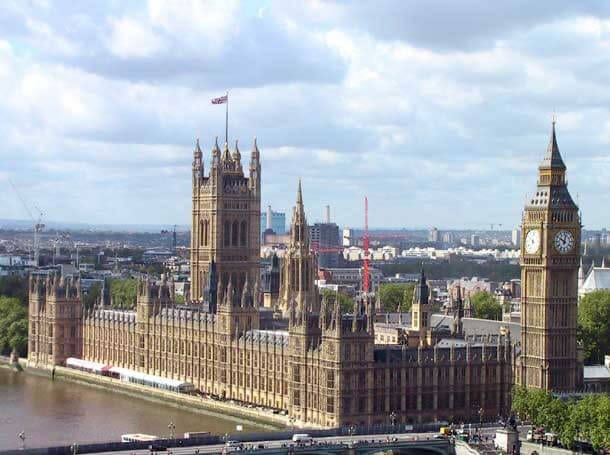The tech giant Alphabet Inc (NASDAQ:GOOG)’s Google has to pay £130 million in back taxes in order to cover a decade-long tax underpayment in the UK – Google’s biggest market outside the US – and faces higher taxes in the future.
The deal may open other tax avoidance cases involving multinationals, which are often shifting their profits overseas in order to pay lower taxes in those countries where their revenues are higher. Margrethe Vestager, the European competition commissioner, is in fact currently investigating whether Ireland has been treating Apple more favourably tax-wise. She had previously ruled against other countries, such as the Netherlands in the Starbucks Coffee Company tax avoidance case a couple of years ago.
HMRC was in charge of auditing the company and found out Google only paid £20.5m in tax in 2013, despite a raise in its UK revenues of $5.6bn.
The deal struck between Google and the UK may lay the necessary basis for other companies to be persecuted when they avoid paying taxes on their revenues from advertisers. The move could, therefore, see Google pay more tax in other European countries, such as France where the company is currently under scrutiny.
In the UK, after the deal, Google is faced with a £46.2m payment in tax – £13.8m higher than in previous years – due on profits of £106m that account for the 18 months to June 2015. That amount also includes back taxes as well as interest that go back till 2005 and is based on a higher tax rate altogether.
The deal comes at a time when the UK government has introduced a penalty, called the “Google tax”, to fight multinationals “hiding” their profits offshore.
Is Google really penalized by the deal?
It appears that Google will still pay lower taxes in Ireland since its subsidiary is paying intellectual properties royalties to a fictitious (?) entity in the Bermudas. Besides HMRC did not find Google guilty of evading tax and the aforementioned “Google tax” only came into force in 2015, making it possible for Google to avoid any penalty for tax diversion.
What will Google pay for?
The deal is not a total failure though as it obliges Google to pay full tax on its huge UK profits. HMRC does not in fact, grant any favourable treatment to any business, no matter the size or structure of it. Only last year, HMRC managed to collect £26bn in extra tax, 7.3£bn of which came from the largest businesses in the world market.









